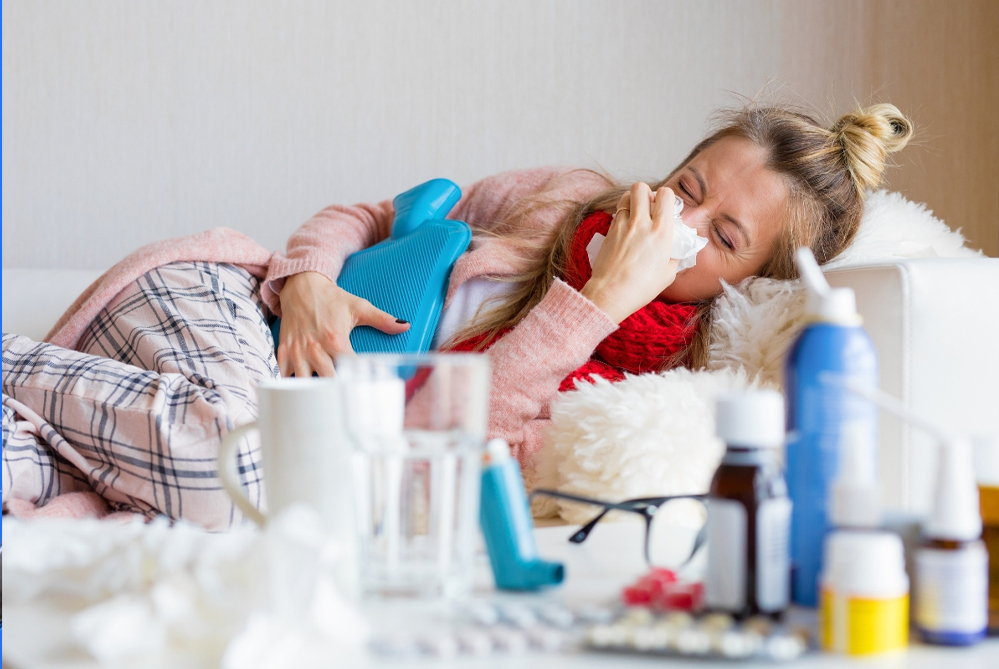As sniffle season approaches, and individuals seek relief from cold, flu, or pain symptoms, the aisles of convenience stores, pharmacies, and supermarkets are filled with a plethora of over-the-counter (OTC) medicines. While OTC products offer accessible solutions, the abundance of options raises concerns about unintentional overdosing, especially during the winter months.

Bruce Ruck, managing director of the New Jersey Poison Control Center at Rutgers New Jersey Medical School, emphasizes the need to be vigilant about the risk of adverse effects and potential overdose associated with over-the-counter medicines. Despite their widespread availability and common usage, over-the-counter medicines can pose dangers, particularly for children and older adults who may be more vulnerable to serious health effects.
Two widely used active ingredients, acetaminophen (present in Tylenol) and ibuprofen (found in Advil), are commonly employed to address winter illness symptoms and pain. When used as directed, adhering to recommended dosage limits, these medications are generally safe and effective. However, exceeding the maximum daily dose, either through the misuse of a single medicine or the combination of multiple products, can lead to unforeseen harmful effects, such as organ failure and even death.
According to the U.S. Food & Drug Administration (FDA), acetaminophen is present in over 600 OTC and prescription medicines. Bruce Ruck cautions against unintentional misuse, especially when using multi-symptom cold and flu medicines, as many of these products may contain acetaminophen or ibuprofen.
To avoid accidental overdose with cold and flu medicines, consider the following safety tips:
-
Check Active Ingredients: When using multiple medicines for symptoms, verify the active ingredients to prevent doubling up on the same component.
-
Follow Recommended Doses: Never exceed the recommended maximum daily dose to ensure safe usage.
-
Target Specific Symptoms: Only use products that address the symptoms you are currently experiencing.
-
Limit Alcohol Consumption: Avoid consuming alcohol while taking prescription or OTC medicines to prevent potential interactions.
-
Accurate Measurement: Utilize a dosing tool, such as a medicine spoon or dropper, for liquid medicines. Avoid using kitchen utensils for measurement, as they may lead to inaccuracies.
-
Children’s Medication: Administer only medicine specifically formulated for children, adhering to the recommended maximum daily dose.
-
Weight-Based Dosage: For infants and young children, determine medication dosage based on weight rather than age.
If you have queries about dosing, active ingredients, potential interactions, or warnings, contact the New Jersey Poison Control Center at 1-800-222-1222 (Poison Help line). In case of suspected overdose or ingestion of acetaminophen, ibuprofen, or other medicines, seek immediate medical treatment advice by reaching out to the New Jersey Poison Control Center. Their expert guidance is available to all – children, teens, and adults – serving as a vital resource for both the public and healthcare professionals. Stay informed and prioritize safety when navigating the realm of over-the-counter medicines.



